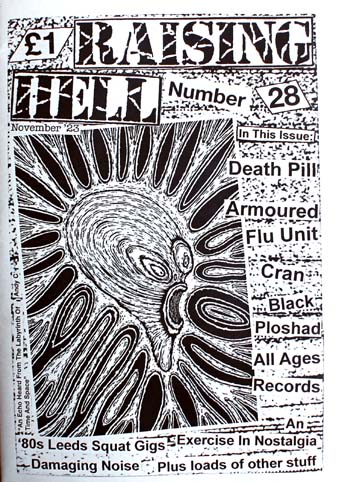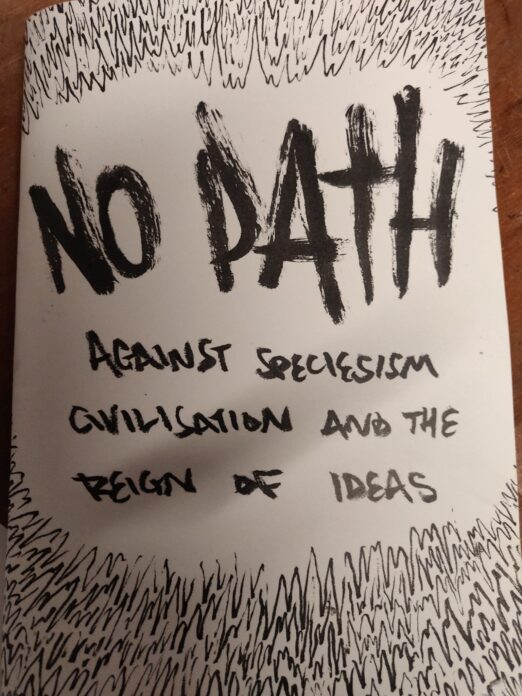Alcatraz – Uncle Sam’s Devil’s Island
£2.00
Alcatraz – Uncle Sam’s Devil’s Island : experiences of a conscientious objector in America during the First World War by Philip Grosser
Out of stock
Description
This is another one of those delightful pamphlets published by the Kate Sharpley Library that plucks anarchist gems from the dustbin of history. Americans, unlike Australians who rejected Conscription referendums held in late 1916 and 1917, had no choice about whether they would be sacrificed on the European killing fields during WW1. Philip Grosser, a Boston anarchist and antimilitarist, refused to kill other human beings for the glory of God, King and Country.
It is appropriate that in the first decade of the 100-year war on ‘terror’, the Kate Sharpley Library has republished the story of this extraordinary man. This 32-page pamphlet pays homage to all those people who have been destroyed by the State because they have refused to kill their brothers and sisters. The I.W.W.’s (Industrial Workers of the World) slogan that ‘War Is Fought By Workers At Either End Of A Bayonet’ is as relevant today as it was during the First World War.
The story about Philip Grosser, republished in January 2007, makes the important point that ‘The start of the war had been met by the individual resistance of conscientious objectors, but at the end came mutinies in France and revolutions in Russia and Germany’. This is a story about individual courage, of one man resisting the State and the State’s methodical campaign to destroy him. Dragged from one prison camp to another, held in solitary confinement for weeks and fed on bread and water, he survived to catalogue the horrors of Alcatraz. A religious objector named Simmons and Grosser were signalled out for special attention while in Alcatraz. ‘Special coffin cages’ – 23 inches wide and 12 inches deep, made of iron bars, were bolted to the doors of their cells. They were forced into the cages; a board was put behind their backs to reduce the depth to about 9 inches. They were kept upright in these iron cages for 8 hours a day and were then put into solitary confinement in darkened cells for the next 16 hours. During the weeks they were tortured, they were only given bread and water to eat and drink.
Ironically, once the way conscientious objectors were treated at Alcatraz leaked out to the public, they were ‘only’ placed in torture cages 8 hours a day and were then put in ordinary cells and given normal rations for the next 16 hours. After 2 months in the torture cages, Grosser, afraid that he was about to lose his sanity, agreed to work in the prison.
Three years after he was first imprisoned and almost 2 years after the war had ended, Grosser was released on the 2nd of December 1920. Mentally scared by his experiences, hit hard by the depression, Grosser ended his life by jumping in front of a train in Boston in early November 1933.




